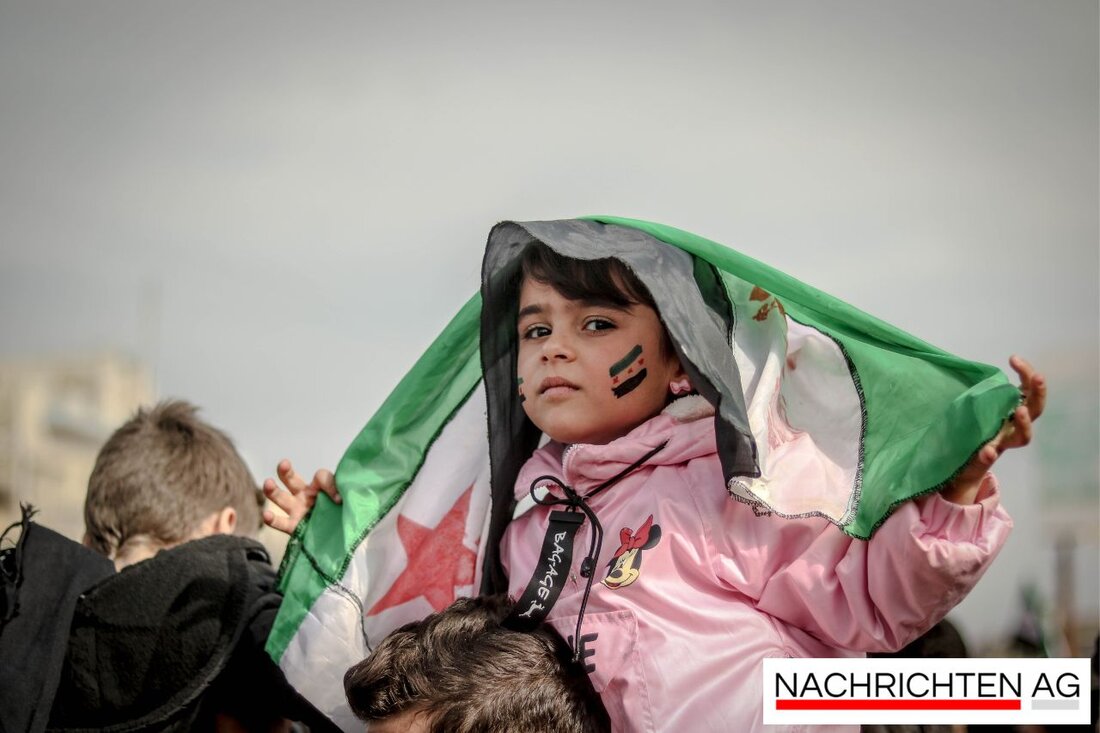Trial against torture doctor Alaa M.: verdict on human rights crimes is approaching
Trial against Syrian doctor Alaa M. in Frankfurt: Verdict on crimes against humanity is expected on June 16, 2025.

Trial against torture doctor Alaa M.: verdict on human rights crimes is approaching
In the shadow of the trial against the alleged torture doctor Alaa M. in Frankfurt am Main, which can expect a verdict on Monday, June 16, 2025, at 10:30 a.m., the situation for the victims of the Syrian regime has come into focus. The trial began in January 2022 and represents a significant step in the legal investigation of crimes against humanity. Alaa M., who is facing charges of torture and intentional killing of prisoners at the age of 40, is said to have committed the most serious human rights violations in Homs between 2011 and 2012, as the company Today reported.
In the current proceedings, the Federal Prosecutor's Office is demanding a life sentence and subsequent preventive detention. The defense, on the other hand, believes an acquittal is justified. This trial is directly related to a similar case in which a former Syrian intelligence officer was sentenced to life imprisonment. A co-defendant received four and a half years for aiding and abetting.
Background to the crimes in Syria
The crimes that Alaa M. is accused of are part of a system that Amnesty International describes as pervasive in Syria. According to the Amnesty Report 2021, tens of thousands of people were victims of enforced disappearances in 2021 alone. In addition to ordinary citizens, those affected include journalists, human rights defenders and political activists who spoke out against the government. These individuals were often held for years without charge and suffered torture and other serious ill-treatment while in custody.
The Syrian security forces are also known for carrying out arbitrary arrests and persecuting political opponents. Between January and April 2021, hundreds of people were detained under the pretext of criticizing the government. In many cases, this practice has tragic consequences: refugees who fled to Turkey and later returned to Syria were also often arbitrarily detained and suffered serious human rights violations in detention, including torture and rape.
Consequences for the victims
For the numerous victims and their relatives who have suffered under the regime in Syria in recent years, the trial in Frankfurt is more than just a legal dispute. It has symbolic meaning and could serve as an example in the future of the responsibility of torturers and criminals against humanity. Many hope that addressing these crimes could bring justice to those affected and ensure that such cruel acts do not go unpunished.
A final look at what is happening in Syria shows how important processes like this are. Particularly alarming are the reports about the treatment of refugees in the camps, where they sometimes have to live in catastrophic conditions without access to basic rights and medical care. According to Amnesty, women and children in particular live under extreme restrictions that can have health and psychological consequences.
The trial against Alaa M. could therefore represent a turning point in the fight for justice for the many who have suffered from the horrors of the Syrian regime. Only the future will show whether the shock caused by this case will have far-reaching consequences for those responsible and whether there will be a rethink in how we deal with such crimes internationally.

 Suche
Suche
 Mein Konto
Mein Konto